“One of the surprising benefits of living with Parkinson’s is the community that comes with it.”
This is something our readers tell us time and time again. The people with Parkinson’s they’ve met at events, in their support groups and randomly in the community are generous and welcoming and it has made all the difference.
One of the ways that people in this community help each other is by sharing their experiences. And while we know that no two people with Parkinson’s will experience medication or treatments in the exact same way, we also know the value of sharing stories and hearing about the challenges and joys of others traveling a similar path.
Today we share one person’s story of getting Deep Brain Stimulation. His name is Brendan Cain, and he’s a 57-year-old husband and father of four who works full-time. We had a chance to speak with him recently about his life before and after DBS.
When were you diagnosed and what symptoms prompted you to see a doctor?
I was diagnosed in October 2014. I noticed that my right thumb began shaking in late July and when it didn’t go away, I decided to see a neurologist. I can look back now and see that my troubles with sleep and inattention were early signs of Parkinson’s as well, but it never occurred to me at the time.
What was your first line of treatment?
Initially, I started taking Carbidopa/Levodopa and it worked really well. I had been experiencing a lot of pain in my left shoulder and arm. I also just felt too old for my age. I couldn’t hear, taste or see as well as I should have for someone my age, and it was very stressful. Add the issues I had with sleep and trouble with attention and I just didn’t feel well. The Carbidopa/Levodopa, along with some helper meds, helped restore those things. At least for a while. I was boxing and swimming and able to do many of the activities I loved. I was thrilled.
However, three years later, by the summer of 2017, my meds didn’t seem to be working anymore. Part of this was because I tried experimenting with the dosage on my own. (I don’t recommend this.) Because I wasn’t feeling well, I tried taking more Carbidopa/Levodopa, but that just made things worse.
At this point, I thought early retirement was going to be my only option. I couldn’t find the right balance of medication and the dyskinesia was impacting my work and how others saw me. In addition, my shaking was so severe that my wife had to drive me to and from all of my meetings, which were significant due to the nature of my work. This meant she couldn’t work either. I knew my working days were numbered, and we were deeply worried and unsure about the future.
Fortunately, I found a new medical team and they helped me understand what the medication was doing. They also talked to me about DBS. I was surprised because I thought I’d have to wait years and years, but they assured me I was a great candidate for the surgery. Hope started creeping back in.
How was your experience getting DBS?
I had my first surgery in April 2018, and everything went well. The programming was pretty seamless, and I felt better than I had in years. A few months later, my wife took a full-time job. Now we’re both able to work full-time, and we feel hopeful for the future.
How did you decide which DBS device to get?
I chose Boston Scientific’s device because it has eight electrodes on each of the two leads. After speaking with my doctors about it, I was confident that this would give me a lot of options as Parkinson’s progresses. So far, I’ve been very happy with this decision.
How has your life changed since you got DBS?
Before I had the surgery, my quality of life wasn’t very good. The future looked bleak. We were constantly worried about losing my income and the pace my Parkinson’s was progressing. It felt like a dark cloud was hanging over me all of the time.
Now, I feel excited. My wife and I feel like your typical empty nesters. We have four boys who are off on their own adventures and now we get to visit them, travel the country and live our lives. Before DBS, travel wasn’t an option. My sleep was disruptive and unpredictable and I was too exhausted to do anything. Now I can do a 10-hour road trip without a problem.
What are you looking forward to now?
I’m looking forward to working for as long as I can, visiting my sons, walking my dog, spending quality time with my wife and hopefully, getting to play with my future grandkids.
What advice would you offer to people who are considering getting DBS?
Talk to people who have had it, pay attention to your doctors and determine your post DBS goals. I think it’s important to have hopes and dreams, but it’s also important to be clear about what symptoms DBS can help with and which ones it can’t. I feel very fortunate that DBS has given me my life back, but I also know it’s not the answer for everyone.
Oh, and one more thing. If you’re going to get DBS, make sure that you have a great car to ride home in. And that you plan your route home from the hospital—and during the weeks to come—so that you avoid potholes and damaged roads. It can be very painful to ride home from brain surgery on a bumpy road in a car that doesn’t have good shocks. I wish I’d thought of that before it happened to me!
Results in this case not indicative of results in other cases. Results in other cases may vary.
Do You Have Questions About DBS?
Join us and Dr. Kara Beasley for a 60-minute webinar on Thursday, April 18th at 11 am Pacific (2 pm Eastern): Deep Brain Stimulation: What, When, Why & How.
Dr. Beasley is board certified and one of the only dually credentialed neurosurgeon bioethicists in the world. She’s also helped shape our programs and resources as a Davis Phinney Foundation board member. She’ll share the A to Z about DBS and answer your most pressing questions. Learn more and register for free here.
This post was written by the Davis Phinney Foundation.
This blog post is sponsored by Boston Scientific. To learn more about DBS from Boston Scientific, visit here.



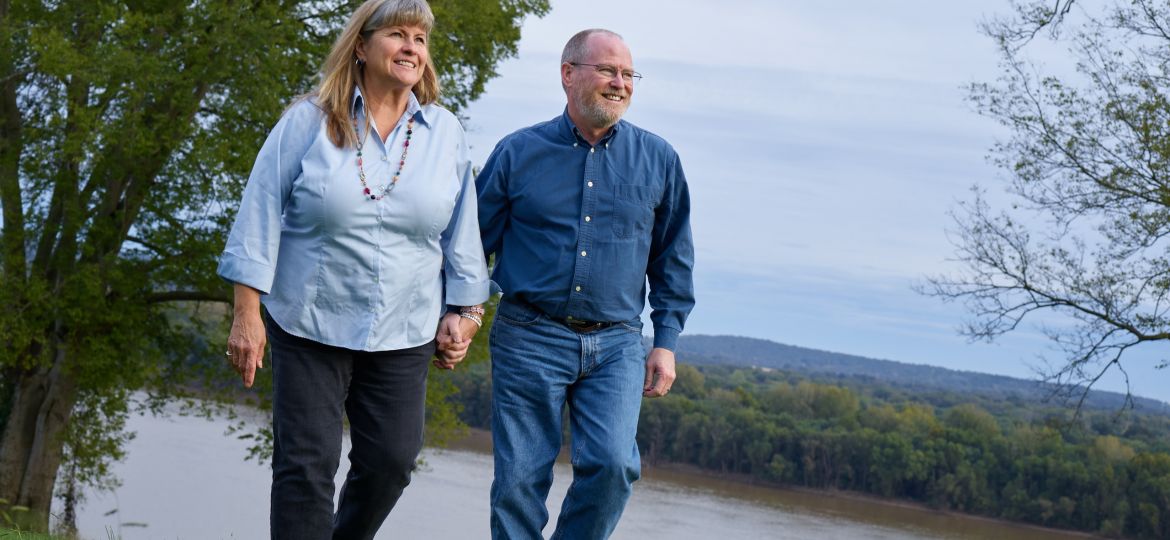
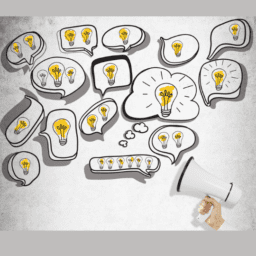
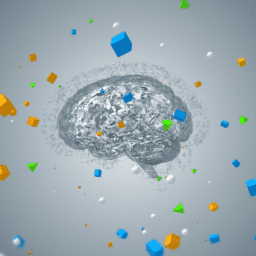
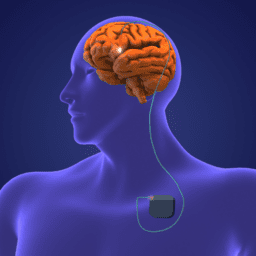

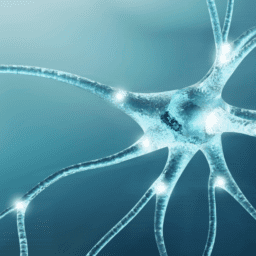
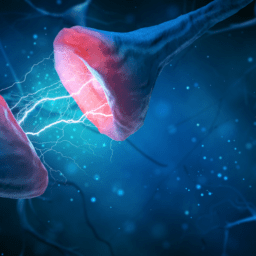
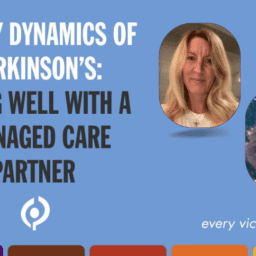

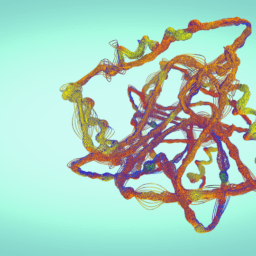
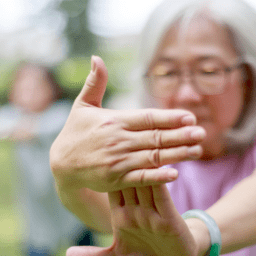
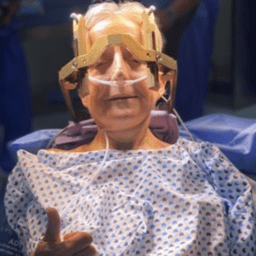
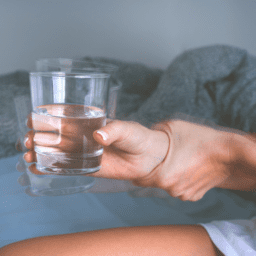
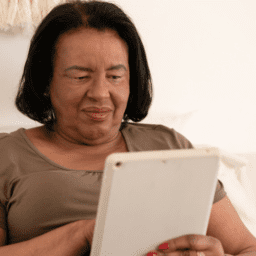
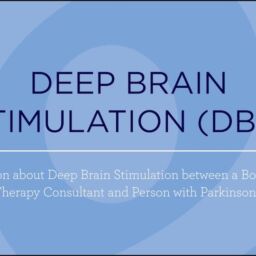
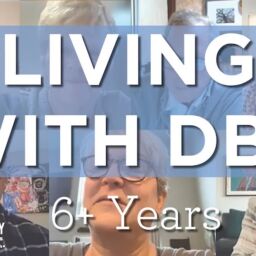
An amazing story and an inspiration to me!
Thank you for your comment, Heather! We’re glad to have such inspiring members of our community.